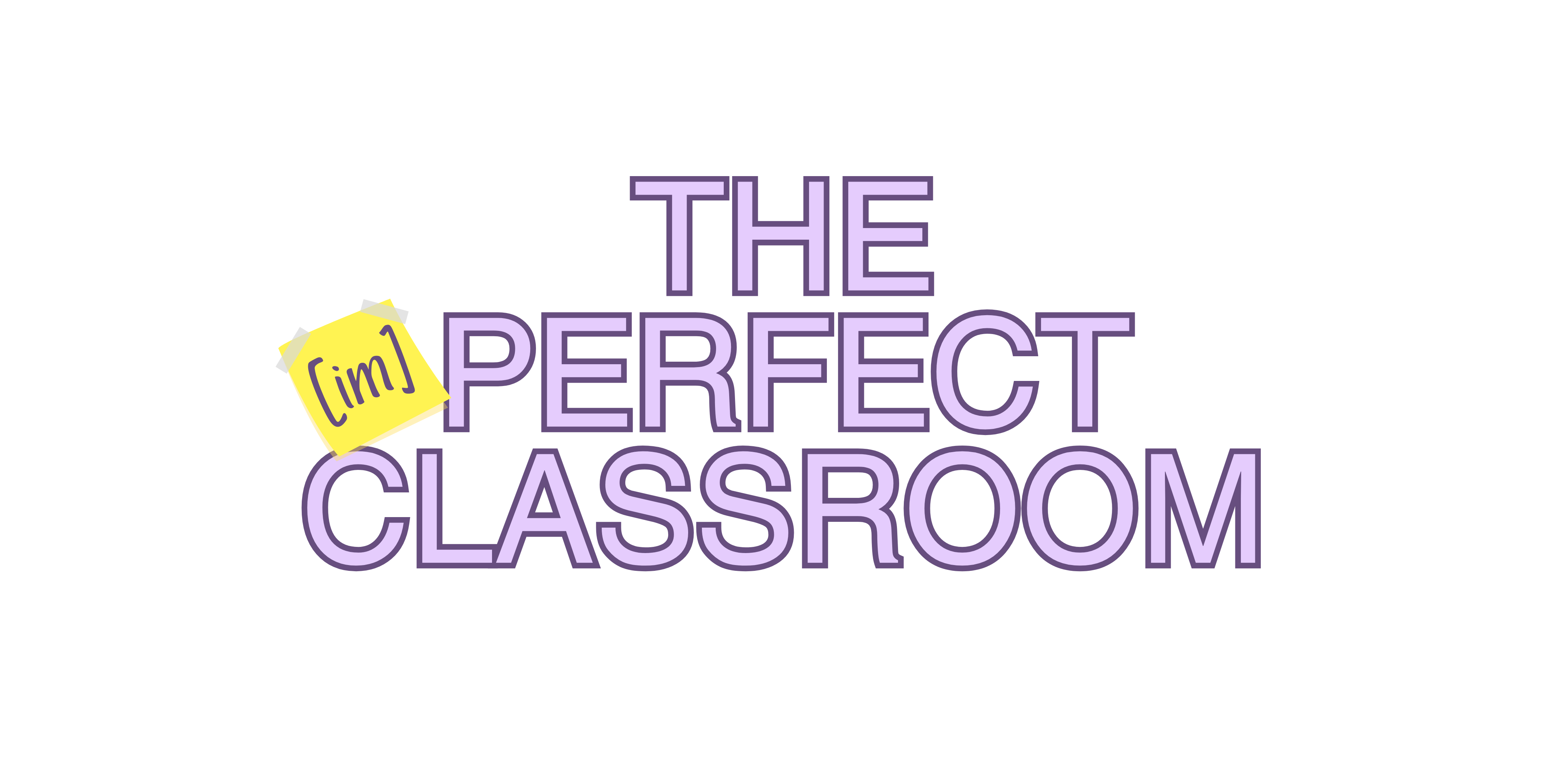Kentucky Teacher of the Year, Kristal Doolin, recently spoke to a group of pre-service teachers and shared advice as they prepare to enter the profession. Much of her message should resonate with veteran classroom teachers and serve as good reminders for them as well. Below is a portion of her address.
Mother Teresa said, “I alone cannot change the world, but I can cast a stone across the waters to create many ripples.” If you’ve ever skipped rocks across the still waters of a pond, you understand this concept. As you prepare to work in the field of education, you should see the parallels. Are you prepared to pick up the metaphorical stones? Do you have the desire to make a difference? Do you love both students and the content you will teach? You’ll need all this and more.
I agree with Steve Jobs who once said, “The only way to do good work is to love what you do.” I’ve have always loved learning. Specifically, I love words and how those words can come together to move us – physically or emotionally. I love what I teach, and I love my students. As a teacher, you’ll experience a lot of days when those figurative rocks are suddenly too heavy and that “love” will keep you going. “Love” isn’t something they teach you in college though, and passion isn’t something you can fake. Students will know.
There’s an old proverb that says, “Experience is the best teacher”. As you gain experience, you’ll combine what you learned in your college courses with practical needs and, unfortunately, you’ll figure many things out the hard way. In my 16 years of teaching, I can’t count the number of times I’ve thought, “Wow, I wish someone would have just told me this or that.” So, in an effort to make my own ripples, I’d like to toss out ten bits of advice to help you navigate the classroom.
- To quote my new friend 2013 New Mexico Teacher of the Year, Pamela Cort, give yourself “the gift of organization.” Do this days before your first class enters the room because you will NOT have time to do it later. Put together a plan for everything. Create a system for your lesson materials, substitute folders, parent communication, committee and meeting materials and the mountain of work to be graded, recorded and returned. Be good to yourself by setting up realistic, doable systems to run your classroom. Cover everything from students going in and out of the classroom, turning in work – both on time and late, speaking in class, movement in the classroom, missing assignments, and seating, to supply organization. Every minute detail needs to be planned out.
- Share classroom responsibility with your students. I used to try to do it all. I didn’t want students up doing anything or having any control in my classroom. This is an impractical waste of both your time and energy and a great deal of responsibility that your students need. It’s their classroom too –no matter how old they are. Primary and elementary teachers have always known this, but even at the middle and high school level you can designate a student to take care of the door, lights, handouts or phone which is a fabulous opportunity for speaking and listening skills.
- Pick your battles wisely. I used to demand that all students have all materials all the time. My life changed when I gave up the battle over pencils, paper and other basic materials in class. The bottom line is – if they don’t have their materials, they can’t be productive, and a lengthy discussion or argument over it will not change the fact and does, in fact, take away learning time. Hopefully, your school will have disciplinary referrals in place so that consistent issues can be addressed later and not take class time.
- Learn everything you can about educational technology. It is the present and future for the digital natives we teach. Students do not learn the same way we did or even as those five years ago. It is a monumental task to arm our classrooms with technology, but we must rise to that challenge through creativity. I believe one of the most effective ways to do this is through the implementation of district Bring Your Own Device Policies to bring more technology into schools without the cost. Additionally, there are countless conferences, websites, blogs and research articles to help you personalize your own classroom tools.
- Make your classroom a place where students want to be. There are two sides to this. First, in case you didn’t know, this job is an acting gig and there are a lot of other forms of entertainment competing for your students’ attention. Design lessons that allow your students have choice and fun. Make mistakes in front of them and learn together. I’ve fallen off my stool before, and it’s okay. Laugh at yourself. There are lessons for your students in everything. Secondly, every student is someone’s baby, so treat your students as you would want your children treated by their teachers. Have high expectations, but set clear, fair expectations for each day’s lesson and teach to different learning styles. Since they are often undiagnosed, you can never be sure how many students in your class have learning disabilities, so it’s best to teach with that in mind. Ralph Waldo Emerson said, “The secret in education lies in respecting the student.” That is good advice.
- Get out of your room – both physically and virtually. Collaboration is imperative. Hopefully, your future schools will have team and content area Professional Learning Communities. Beyond planning time though, ask your principal if you can observe other teachers so you can learn what works and doesn’t work for others. There are tremendous learning opportunities in your building. Use the countless teaching blogs and communities online. Dig up every resource you can find. Tweak them for your own uses and evaluate them for worth. Just because a resource is new or even popular, doesn’t mean it’s worth your time. As a profession, we have a habit of hopping on every trend coming and going.
- There is no rule that says everything must be a grade. I used to stay up every night grading a mountain of papers. Rick Wormeli has an interesting take on the area of assessment in the classroom. I strongly suggest reading his views in books like Fair Isn’t Always Equal. A favorite quote from this book credited to Douglas Reeves is, “Too often, educational tests, grades, and report cards are treated by teachers as autopsies when they should be viewed as physicals.” This is revolutionary for many teachers, but the research is there to support many adjustments in the traditional ways we assess students.
- Be good to the custodians, secretaries and book keeper. This is the simplest of the ten. These are fabulous people, and you will need them more than you know, enough said.
- Embrace change. It is frustrating and difficult but most things worth doing are both. I remember aligning the curriculum many times in my first years as a teacher. My students created writing portfolios. Then, that process was revised and finally, removed from assessment altogether. It took many years of experience for me to see the reasoning behind change. Now, I’m intrigued by people who get upset that things are changing, again, in education. The world is constantly changing. Why would we not expect education to change? As a parent, I fully expect it to so that my daughter is prepared for her future.
- Finally, burn out is real, so take care of yourself and your family. It is easy, especially when you are a new teacher to spend an unimaginable number of hours working. According to a May 16, 2012 article in Education Week, “Teacher attrition – teachers leaving teaching – is especially high in the first years on the job. Several studies … have estimated that between 40 percent and 50 percent of new teachers leave within the first five years of entry into teaching. Moreover, we have found that the attrition rates of first-year teachers have increased by about one-third in the past two decades.” We need strong teachers. Find a happy medium and the support you need so that you do not burn out.
In closing, I want to come back to the concept of words. As I said in my opening, I love words and the power they have over us. As you think about your classroom and all you’ll say to your students, I’d like you to consider the power of words. They are very much like the rock that breaks the stillness when skipped across the water. Specifically, consider the impact your words will have in the lives of the students you will affect during your career. Think about how you will use your words to empower students and create your own ripples.
Kristal Doolin, a language arts teacher at Corbin Middle School in the Corbin Independent school district, was named the 2013 Teacher of the Year on Oct. 17, 2012. During her year-long reign, Doolin will write a monthly column for Kentucky Teacher that chronicles her experience as a classroom teacher. The column runs the second Thursday of each month.




Leave A Comment